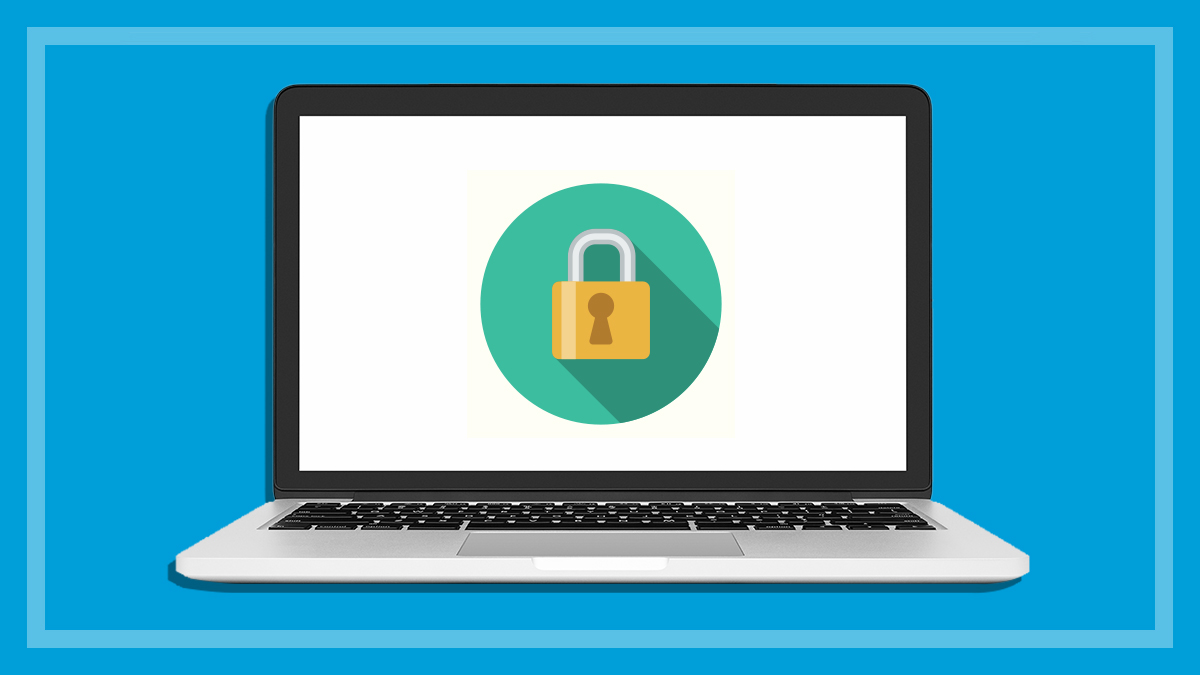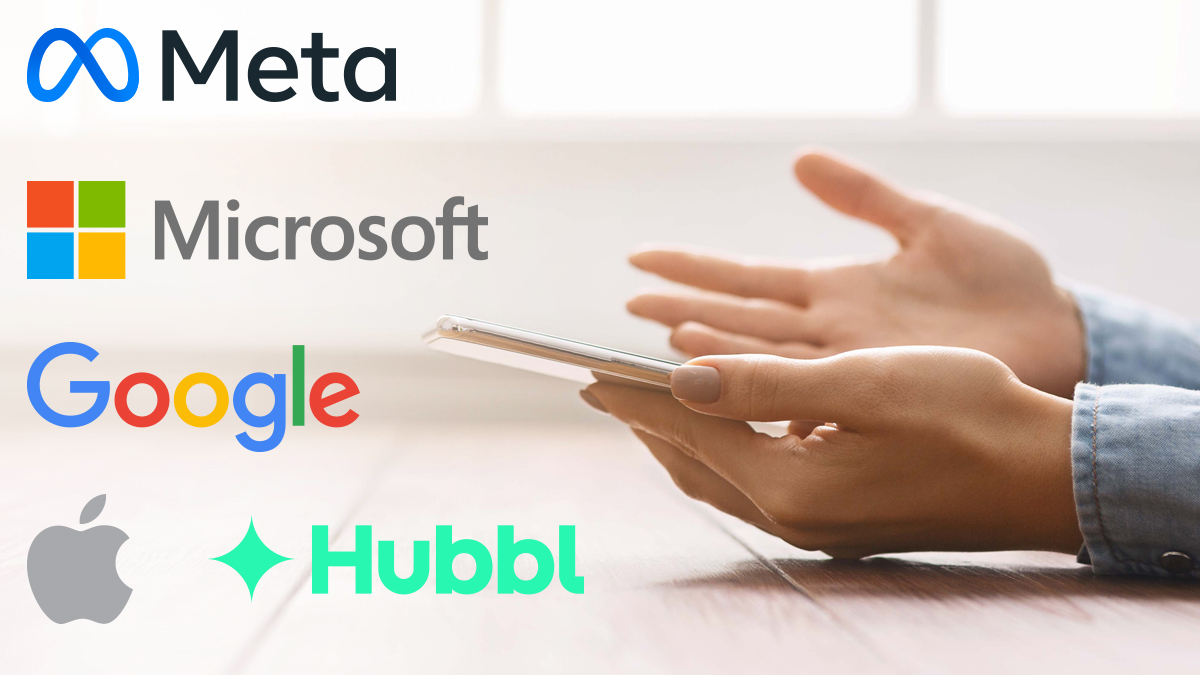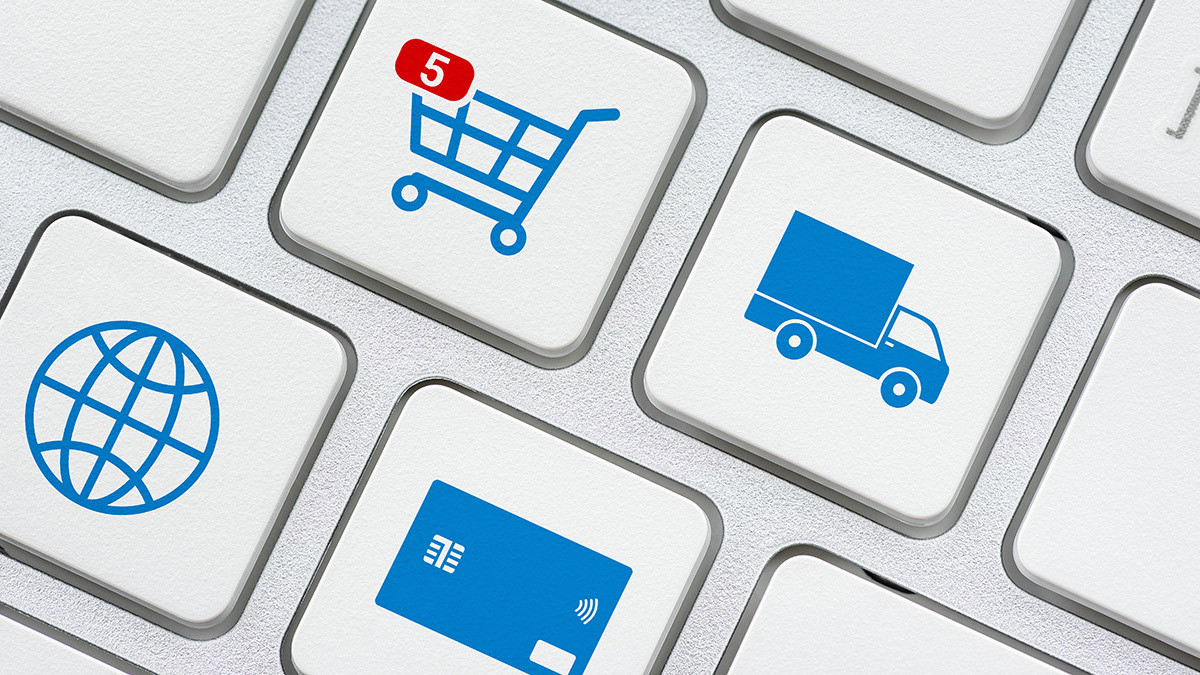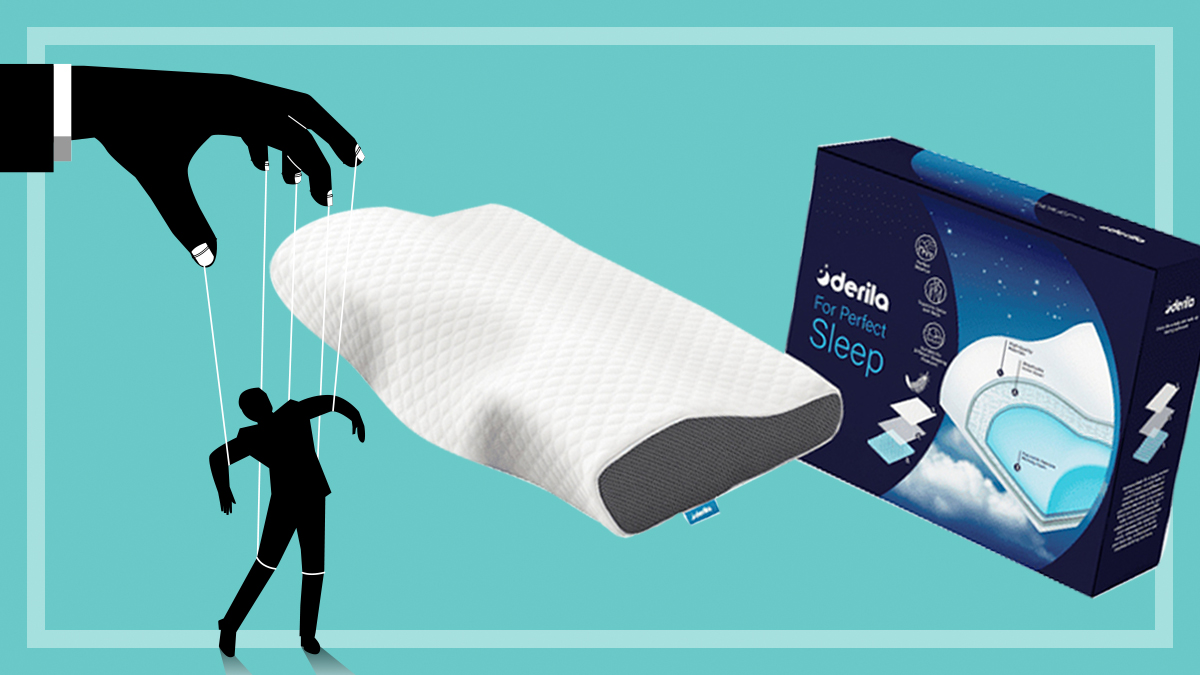Get our independent lab tests, expert reviews and honest advice.
How to bypass geo-blocking for online shopping and streaming
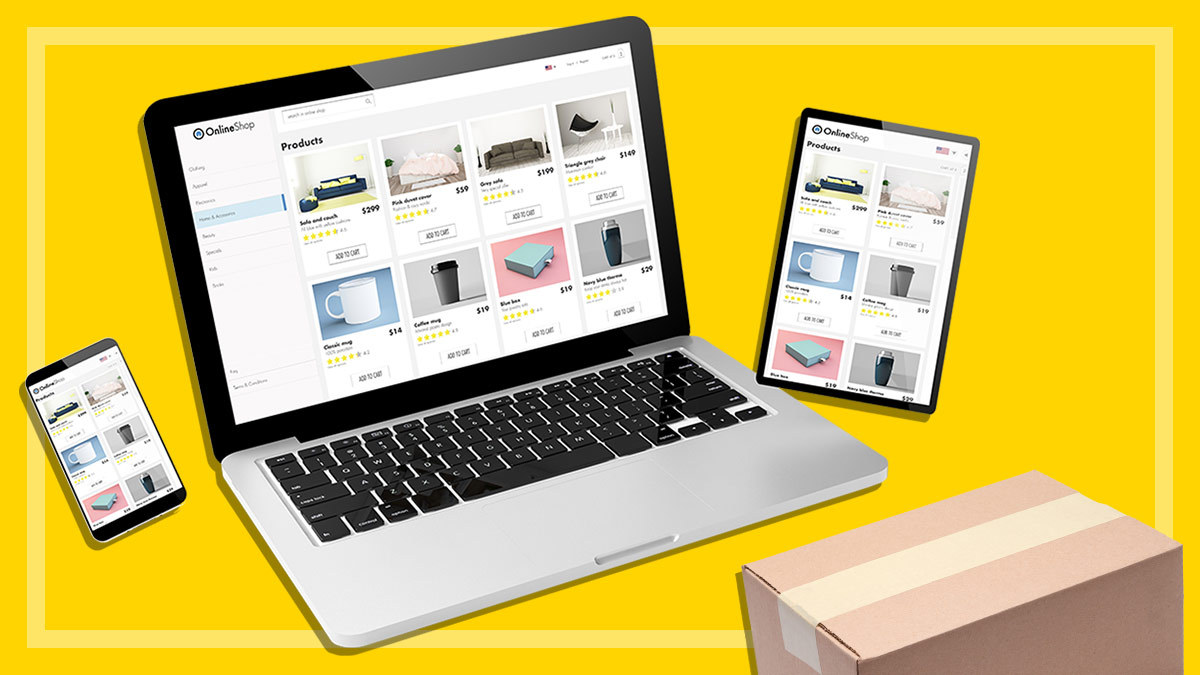
The internet brings a world of products and services to your fingertips, but your location and other personal details can still work against you.
On this page:
- How dynamic pricing works
- How to prevent personal price hikes
- Getting better prices using a VPN
- Accessing geo-blocked content with a VPN
Online vendors can adjust their pricing dynamically, based on what they know about you. What’s your browsing history? Where are you right now? Have you been to their website before and, if so, what did you look at? This information can be used to hike prices up, just for you.
E-tailers and digital services might restrict what content you can access or flat-out block you based on where you are because of shipping restrictions, local partnerships and copyright, or in an attempt to make you shop at their Australian online stores – which may have very different pricing.
How dynamic pricing works
Websites learn a lot about you the moment you land on their page, primarily through web cookies and your IP address.
If you’ve looked up the same flights, event tickets or car rental options through a particular online retailer previously, raising the price (just for you) the second time might make you panic into paying immediately.
If you’re from a wealthier country or postcode, they might figure you’re willing to pay a bit more.
Your estimated age demographic may also have certain buying habits and preferences that help websites adjust pricing or hide cheaper products, such as displaying only up-market accommodation options – which has the added drawback of making an area or city seem more booked-out than it is.
This is dynamic pricing, also known as personal price hikes, and it’s (allegedly) a common online marketing method.
Luckily, there are ways to beat these tricks, opening up your options and potentially saving you a bit of cash and stress in the process.
How to prevent personal price hikes
Controlling cookies
Many web cookies are useful, and some crucial to make online shopping work. Others build advertising profiles about you or track parts of your web history. These profiles can help marketers figure out which pricing adjustments are most likely to work.
If you look something up before bed, only to find it’s jumped in price the next morning, it might be a legitimate price hike or you might be the victim of dynamic pricing, thanks in part to the cookies your browser has collected.
By clearing your cookies and using an incognito browser window, you can often reset the original prices, saving yourself money and stress.
Clearing cookies is straight-forward in most browsers.
Hiding your IP address and location
Sometimes clearing cookies isn’t enough. Websites can also take note of your IP address – a unique number associated with your internet gateway (modem) that can let people know your state, city or even post code (but never your exact address).
Most home user IP addresses can change over time, but that doesn’t stop people paying attention to your online activities in the short term.
If you revisit a website within a short time, it’s likely you still have the same IP address, making it easy to make a basic, anonymous user profile about your buying interests.
The easiest way to hide your IP address is with a virtual private network (VPN).
Getting better prices using a VPN
VPNs change the IP address a website sees and can fool them into thinking you’re from a different region or country. If successful, you’ll pay the price intended for that country, which can be less than the price for your real location.
Some websites, including VPN vendors, give examples of saving a thousand or more dollars on one return plane trip, or hundreds of dollars on accommodation and car rental. Software purchases and streaming service subscriptions are also on some lists of big-VPN-savings.
While your location can definitely affect how much you pay, it’s rarely as much as these online sources would have you believe.
Rather than a quick way to save big, it’s more like throwing darts in the dark at a target that might not exist. You could find the odd big saving, but our own experiments using a VPN for online shopping turned up lacklustre results.
The country-hopping method
- Look up a product
- Close the browser window
- Clear your browsing history, cookies and web
cache - Change your country via VPN
- Open an incognito browser window and find
your product again - Compare pricing to the original
- If you don’t find a better price, repeat
VPN country-hopping isn’t fast. For example, clearing your browser after looking up a flight, switching your VPN to a new country and then looking up that same flight again takes time, especially when you’re checking several countries per search and comparing results on more than one online retailer or comparison service.
A simpler method
There is a simpler way than country hopping that will save a lot of time and still see some potential benefits.
Clearing your browser, turning on a VPN and opening an incognito window can still dig up savings – though likely not in the thousands – for a one-off, tiny bit of effort. You might also try setting your VPN location to the country the website’s located in, without then following up with dozens of other attempts.
By clearing your cookies, then opening an incognito window and turning on a VPN, you can also roll back cheeky personal ticket and car rental increases, making sure you get the first-offer price.
Accessing geo-blocked content with a VPN
Online services, businesses and digital platforms can restrict access to their products based on location.
This is geo-blocking, and this is where a VPN’s ability to switch countries really shines.
By switching your VPN to a supported country, you can watch videos, stream music or buy products to your heart’s content.
Is geo-blocking with a VPN legal?
Yes, both geo-blocking and using a VPN are legal. Some copyright experts claim that anyone who promotes devices or programs that encourage people to infringe copyright are breaking the law.
However, CHOICE believes consumers who bypass measures employed to geographically restrict copyrighted content should be exempt.
Why? Because they’re only accessing products and services that are being provided knowingly and willingly by the copyright holder.
Dodging TV streaming geo-blocking
Streaming services such as Netflix, Amazon Prime, Hulu and more have user agreements that restrict how you access their content.
While perfectly legal, using a VPN to dodge video streaming restrictions is sometimes a breach of your user agreement and could get your account cancelled or banned with that company, along with any digital content you’ve purchased or rented.
This isn’t common, but a service may be well within its rights to do it, depending on the user agreement (which few people actually read, at least until there’s a problem). Make sure you check your user agreement if you’re planning on doing this.
VPN arms race
Your VPN may not work with some sites. Online stores and services are well aware of geo-dodging, and may try to block traffic coming from one.
However, VPNs are often one step ahead, using tactics and IP addresses that let you pass as a run-of-the-mill user. Some even offer a ‘stealth mode’ to make it appear that you aren’t using one.
Country limitations
Not all VPNs have access to the same list of countries. They might not have had the chance to expand their network, may have deemed that country’s privacy laws too unsafe, or have another reason for avoiding it.
Shipping things to Australia
If you buy from a geo-blocked online store, you probably need to arrange your own shipping to Australia.
Parcel-forwarding (freight-forwarding) lets you arrange delivery to an off-shore address, usually in the USA, then pay to have your package sent from there to Australia. You may have to pay GST and other import fees, on top of shipping.
Australia Post’s ShopMate (free to sign up) is one such parcel-forwarding service, which ships from the USA to Australia. The maximum weight is 22 kilograms, and size restrictions apply. Some other US to Australia parcel-forwarding services include BigAppleBuddy, ComGateway, MyUS, Shipito, USA2Me and US to OZ, each of which have their own pricing, fees and shipping models. Shop around and check online reviews to see which one works for you.
International warranty woes
Damaged, faulty or incorrect parcel-forwarded items can be problematic if you bought from a geo-blocked vendor.
An overseas retailer might be under no obligation to pay for shipping from Australia back to the original country for exchange or repair. If this is the case, you could have to pay shipping for the return, then pay for parcel-forwarding a second time to get the new or repaired item back to Australia.
Some products have international warranties and can be returned or replaced locally, even when purchased from overseas. Check your retailer or manufacturer’s return policies before buying to make sure.
Why we've partnered with WhistleOut
We've partnered with search engine WhistleOut to help you find and buy the right plan for you. While we make money if you buy through WhistleOut, this doesn't influence our rankings. 100% of the money we make goes straight back into our nonprofit mission.

